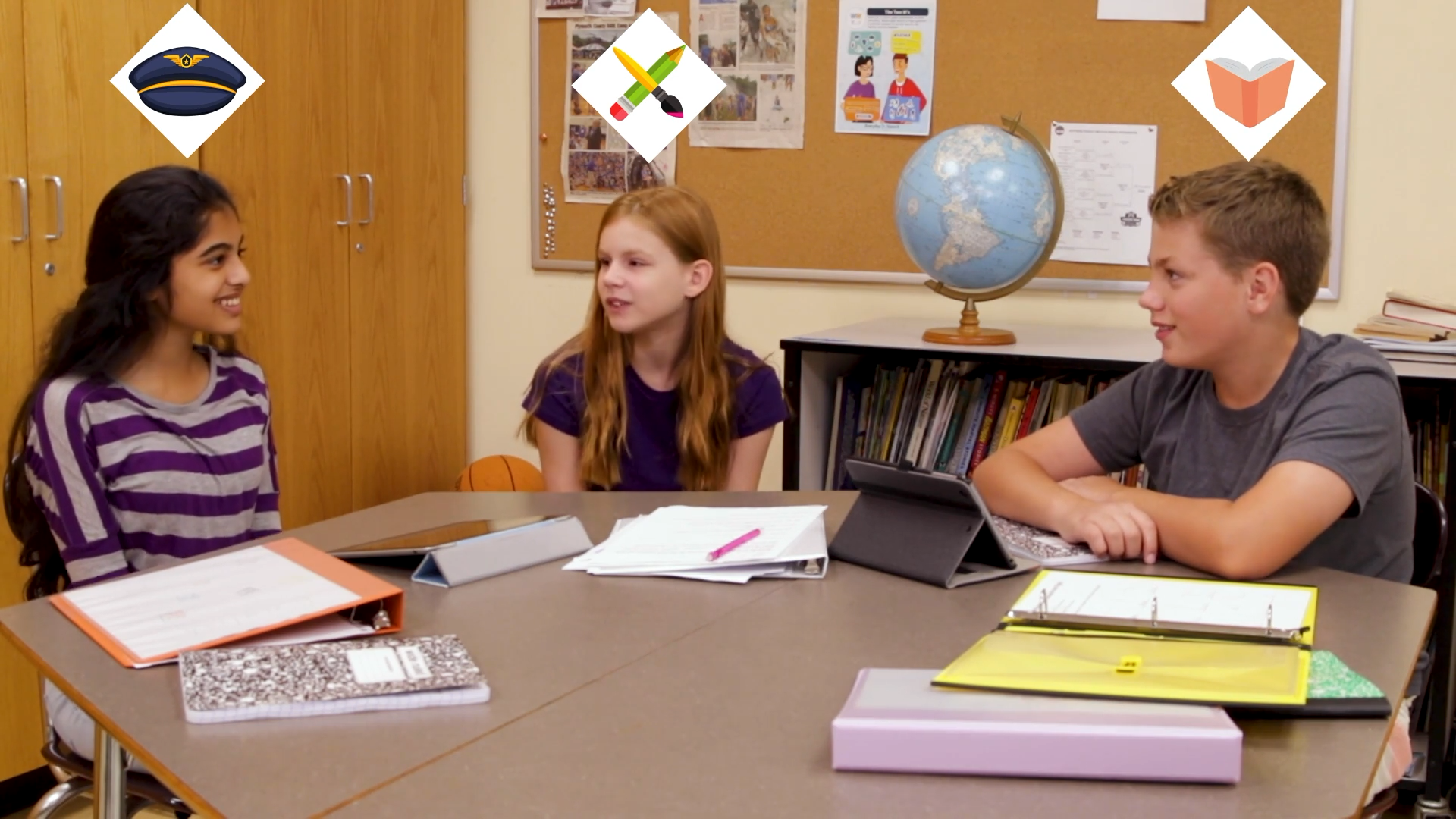
Introduction
As educators, we understand that disagreements are a natural part of human interaction. One of the most valuable skills we can teach our students is the art of compromise. Compromising is a way to find common ground and resolve conflicts while maintaining positive relationships. By teaching students how to compromise, we equip them with a vital tool for navigating their social lives and developing healthy relationships with others. In this blog post, we will discuss an easy, no-prep activity to teach the concept of compromise, followed by discussion questions and related skills to further enhance learning.
No-Prep Activity
This activity, called “The Compromise Game,” requires no preparation or materials and can be easily implemented in the classroom. The goal is to help students practice compromising in a fun and engaging way.
- Divide the class into pairs.
- Ask each pair to think of a scenario where two people have different ideas or wants, leading to a disagreement.
- Each student should take a turn explaining their side of the disagreement to their partner.
- Instruct the students to work together to come up with a compromise that satisfies both parties. Encourage them to use phrases like “Why don’t we…”, “How about if we…”, or “What if we…” when suggesting ideas.
- After a few minutes, have each pair share their scenario and compromise with the class.
This activity allows students to practice compromising in a low-stakes environment, helping them build confidence in their ability to navigate conflicts effectively.
Discussion Questions
After completing the activity, use these questions to facilitate a discussion about the importance of compromise and how it can be applied in various situations:
- Why is it important to be willing to compromise in our relationships with others?
- How does compromising help maintain positive relationships?
- Can you think of a time when you had to compromise in your own life? How did it make you feel?
- What are some strategies for finding a compromise when both parties have strong, differing opinions?
- Are there any situations where compromising might not be the best solution? Why or why not?
Related Skills
Beyond compromising, there are other essential skills that contribute to positive social interactions and relationships. Some of these include:
- Active listening: Paying attention to what others are saying and showing empathy and understanding.
- Effective communication: Clearly expressing one’s thoughts and feelings while being respectful of others.
- Conflict resolution: Addressing disagreements and finding solutions that work for all parties involved.
- Emotion regulation: Managing one’s emotions and responding appropriately to the emotions of others.
Next Steps
Teaching students the art of compromise is an important step in helping them develop healthy relationships and effective communication skills. To further support your students’ growth in this area, we encourage you to explore additional resources and sample materials available at Everyday Speech. Sign up for free samples to discover more activities, lessons, and strategies that can enhance your students’ social-emotional learning journey.










